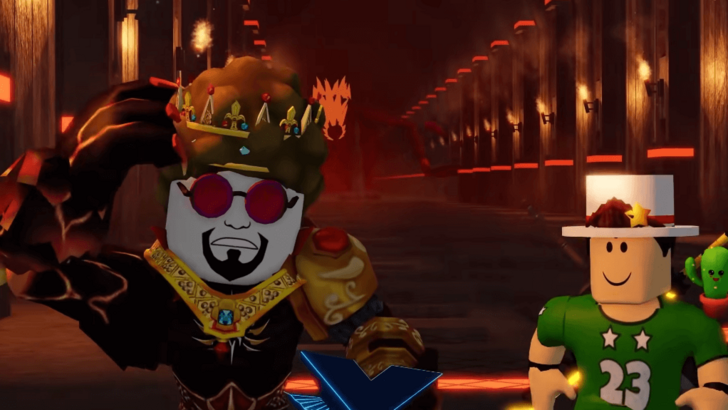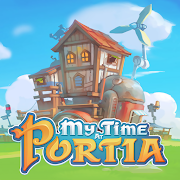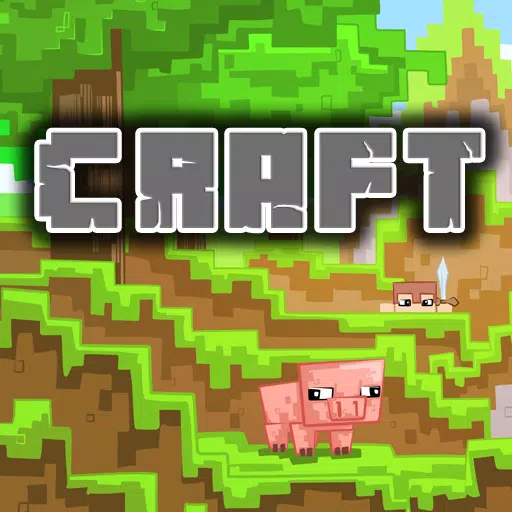Malware Targets Roblox Cheaters
Cybercriminals are exploiting gamers' desire for an unfair advantage in online games like Roblox, deploying malware disguised as cheat scripts. This campaign utilizes Lua-based malware, leveraging the language's popularity and ease of use within game engines.

The attackers use "SEO poisoning" to make their malicious websites appear legitimate in search results, directing unsuspecting users to download infected scripts. These scripts often mimic popular cheat engines for games like Roblox, such as Solara and Electron, and are presented as legitimate updates or new releases on platforms like GitHub.

The simplicity of Lua, a scripting language accessible even to children, contributes to the malware's effectiveness. Its use in various games beyond Roblox, including World of Warcraft, Angry Birds, and Factorio, broadens the attack's potential reach. Once executed, the malicious script connects to a command-and-control server, potentially enabling data theft, keylogging, and complete system compromise.

Roblox's inherent vulnerabilities, stemming from its user-generated content and the widespread use of Lua scripting by young developers, exacerbate the problem. Malicious scripts are often embedded within seemingly innocuous third-party tools and packages, like the "noblox.js-vps" package, which carried the Luna Grabber malware.

While some might view this as poetic justice for cheaters, the risks associated with downloading and running such scripts far outweigh any potential benefits. The potential for significant data loss and system compromise underscores the importance of practicing good digital hygiene. The temporary advantage gained through cheating is not worth the long-term consequences.

-
Conquer Phasmophobia's Do As I Command Challenge: A Comprehensive Guide Phasmophobia's Challenge Mode throws even seasoned ghost hunters a curveball, and the "Do As I Command" challenge is a perfect example. This guide details how to successfully complete this weekly challenge. What is PhasmophobiaAuthor : Daniel Feb 25,2025
-
Honor of Kings Valentine's Day Celebration: Limited-Time Skins and Events! Honor of Kings is celebrating Valentine's Day with a flurry of limited-time cosmetic items and exciting in-game events. Don't miss out on the chance to acquire the Sun Ce - Loving Promise and Da Qiao - Loving Bride skins, ceAuthor : Max Feb 25,2025
-
 Heroic JourneyDownload
Heroic JourneyDownload -
 Whisper of ShadowDownload
Whisper of ShadowDownload -
 Newborn puppy mom care salonDownload
Newborn puppy mom care salonDownload -
 Wanna One Dancing Line: Music Dance Line TilesDownload
Wanna One Dancing Line: Music Dance Line TilesDownload -
 Talking Stan StickmanDownload
Talking Stan StickmanDownload -
 FNF Neo Music Chill & Pop BeatDownload
FNF Neo Music Chill & Pop BeatDownload -
 Good Knight: Princess RescueDownload
Good Knight: Princess RescueDownload -
 How well do you know BTS?Download
How well do you know BTS?Download -
 Pflanzen - DeutschDownload
Pflanzen - DeutschDownload -
 My Cake Shop: Candy Store GameDownload
My Cake Shop: Candy Store GameDownload
- Hitman Devs' "Project Fantasy" Hopes to Redefine Online RPGs
- The Elder Scrolls: Castles Now Available on Mobile
- Resident Evil Creator Wants Cult Classic, Killer7, to Get a Sequel By Suda51
- Minecraft's 'In Your World' Mod: A Chilling Update
- Fortnite Update: Mysterious Mythic Item Teased in Latest Leak
- Deadlock Characters | New Heroes, Skills, Weapons, and Story











![[777Real]スマスロモンキーターンⅤ](https://images.0516f.com/uploads/70/17347837276766b2efc9dbb.webp)

